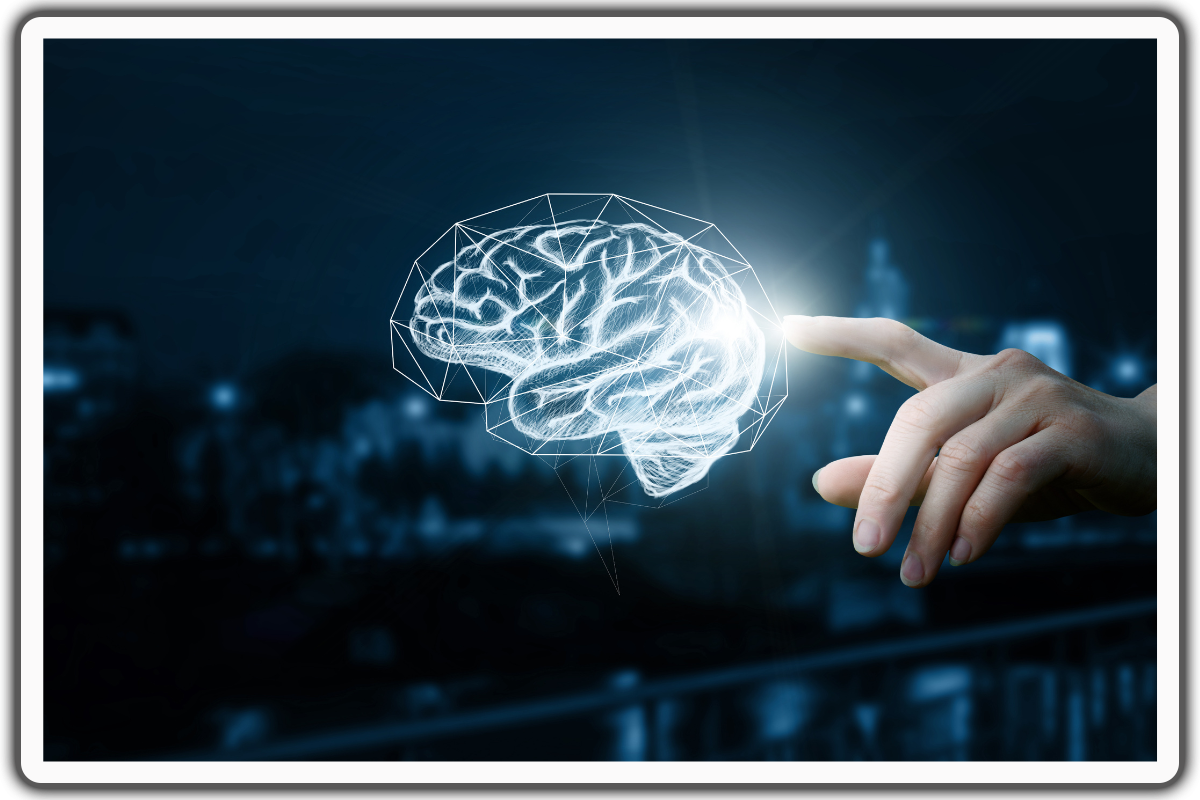
MIND MATTERS: 10 Brain Boosting Activities for Improved Function
Many aspire to boost brain function to stave off conditions like dementia and Alzheimer's disease, yet action often lags behind intent. About 40% report declining memory in recent years, but effective strategies remain uncertain. Despite this, there are at least 10 proven methods to increase brain power.
However, many recognize the threat of dementia but struggle to turn intent into action. While 98% value cognitive training (per an AARP survey), only half actively engage in brain-boosting activities. Consistent brain workouts are crucial to keep your brain sharp and for a healthy body, similar to physical exercise, promoting cognitive health and longevity.
Discovering Brain Anatomy
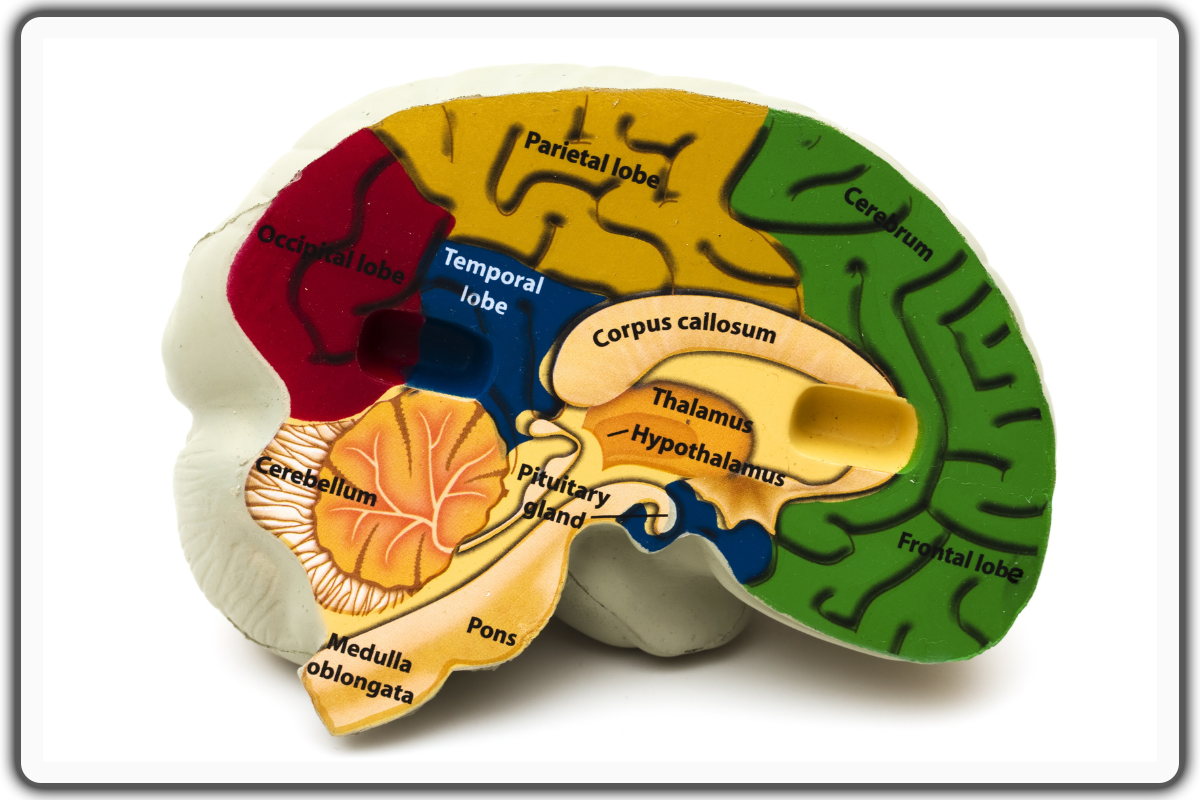
- Structure: Soft mass of supportive tissues and nerves
- Connections: Linked to the spinal cord
- Nerve Outlets: Extend to eyes, ears, muscles, organs, and other nerves
- Composition: "Jellylike mass of fat and protein," weighing about 3 pounds
- Nerve Cells: Approximately 100 billion neurons regulating various functions
- Communication: Neurons send and receive electrochemical signals through a network of millions of nerve fibers
- Protection: Surrounded by three tough membranes and the skull
- Sensitivity: Nourished by blood circulating throughout the body
- Functionality: Regulates everything from digestion and breathing to physical actions and thoughts
The brain is divided into several main parts, each responsible for different functions:
- Cerebrum: The largest part, divided into two hemispheres (left and right), controls voluntary movements, sensory perception, and higher cognitive functions.
- Cerebellum: Located at the back of the brain, coordinates voluntary muscle movements, balance, and posture.
- Brain Stem: Attaches the brain to the spinal cord, including the medulla oblongata, pons, and midbrain. Regulates basic life functions such as breathing, heartbeat, and blood pressure.
- Thalamus: Serves as a relay post for sensory information, directing it to the right areas of the cerebral cortex.
- Hypothalamus: Regulates basic biological needs such as hunger, thirst, and body temperature. Also involved in emotional and behavioral functions.
- Amygdala: Linked to the processing of emotions, especially fear and pleasure responses.
- Hippocampus: Critical for the formation of new memories and spatial navigation.
- Pituitary Gland: Usually referred to as the “master gland,” it regulates various hormonal functions in the body.
10 Ways to Increase Brain Power
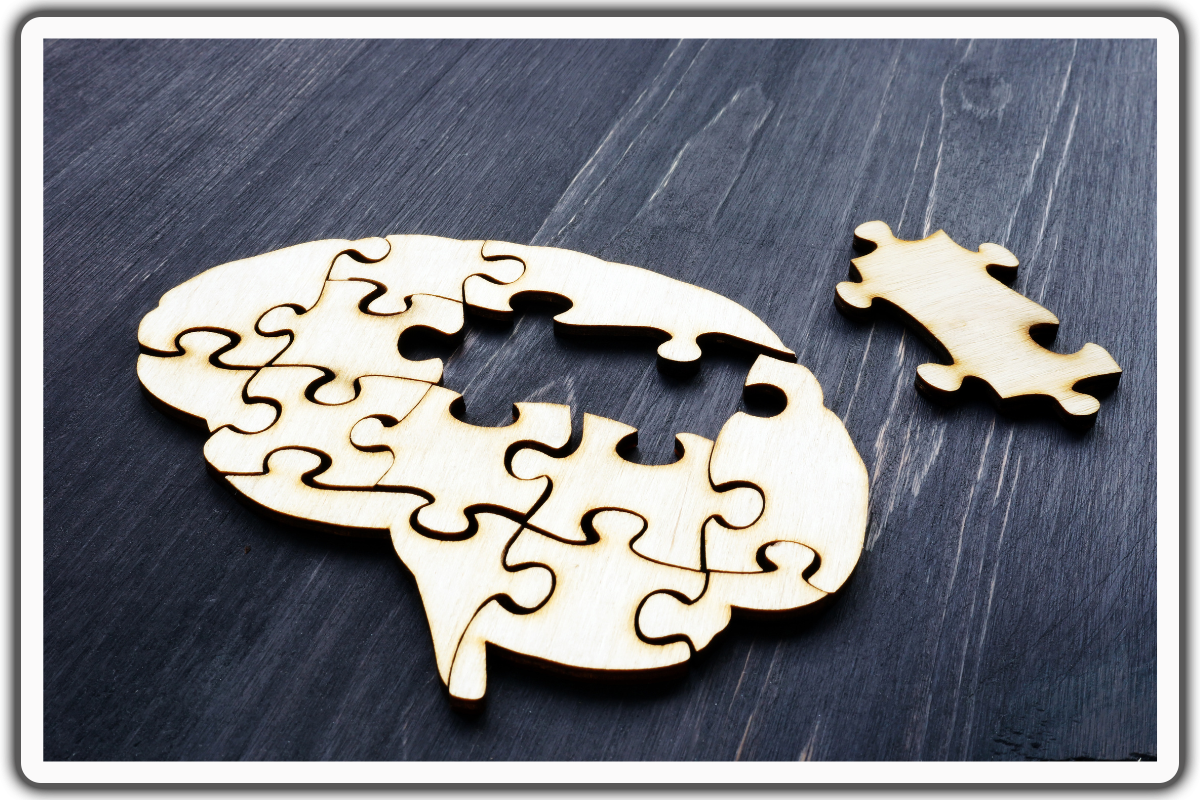
Research suggests that engaging in activities like brain training and memory games or solving jigsaw puzzles can offer brain-boosting benefits, especially for older adults, aiding in maintaining and improving cognitive function, including the ability to boost memory.
Exercise Regularly
A number of studies have shown that exercise is key to long-term brain health.
Regular aerobic exercise helps boost the size of the hippocampus, the area of the brain involved in verbal memory and learning. Exercise also helps lower blood pressure and reduces inflammation, both of which can be just as damaging to the brain as they are to the heart.
Furthermore, physical activity helps reduce risk factors such as high blood pressure and inflammation, which can harm both the heart and brain. Remarkably light to moderate physical activity has been demonstrated to increase brain capacity and enhance mental performance among people with mild cognitive impairment or dementia in an impressively brief period of time.
Eat a Healthy Diet with Brain-Healthy Nutrients
A nourishing diet significantly enhances cognitive function by providing essential nutrients. Omega-3 fatty acids boost brain health, antioxidants in fruits combat oxidative stress, and whole grains offer sustained mental focus. Balanced blood sugar levels, achieved through proper nutrition, contribute to overall cognitive well-being.
Optimal cognitive health is linked to nutrients like Omega-3s, crucial for brain function. Vitamin D supports nerve growth, obtainable through sun exposure or supplements. Vitamin B12 deficiency correlates with lower cognitive scores and reduced brain volume; supplementation is advisable, especially with age-related absorption challenges.
Quality sleep is critical for memory consolidation, emotional processing, and overall cognitive function. Inadequate sleep impairs attention, creativity, and reaction times, impacting daily performance and contributing to stress and mood disturbances.
Proper sleep supports immune function, regulates appetite, and maintains hormonal balance. Chronic sleep deprivation is linked to health issues. Prioritizing seven to eight hours of sleep is essential for physical health, mental acuity, and emotional well-being.
Get Enough Probiotics
Improving brain function involves considering the balance of bacteria in your gut, known as the microbiome. Probiotics are vital in maintaining a healthy microbiome.
Studies reveal a link between gut health and brain function, with research suggesting that probiotics, ingested through food like yogurt, may positively improve brain power and impact brain areas, as observed in MRI scans.
Maintain Supportive Relationships
Maintaining social connections with friends and family supports optimal brain function and may delay the onset of dementia or Alzheimer's disease. Research indicates that individuals with larger social networks, especially women, have a lower risk of developing dementia.
Even those with Alzheimer's exhibit better cognitive function when connected socially. Being in the company of others boosts oxytocin, dopamine, and serotonin, enhancing well-being and countering the negative effects of stress.
Regular meditation can increase brain power and positively impact cognitive function and increase brain power, as research suggests enhanced nerve activity and performance.
Regular meditators exhibit denser gray matter in the insula, linked to thought integration, and the prefrontal cortex, the brain is responsible both for working memory and fluid intelligence. Meditation lessons have demonstrated an increase in gray matter related to focus, empathy, and compassion, resulting in a larger hippocampus (memory) and a smaller amygdala (anxiety).
When combining yoga with mindfulness meditation, brain function and energy levels are further elevated. A 25-minute of daily practice enhances executive functions tied to goal-directed behavior and impulse control, which is particularly beneficial for older adults aiming to boost memory and combat the effects of an aging brain or the risk of developing dementia.
Manage Blood Sugar and Pressure
Normal blood pressure and blood sugar are critical for both cardiovascular and cognitive wellness. High blood pressure can impair blood flow in the brain, resulting in cognitive impairment. Studies have linked hypertension to impaired executive function and attention, underlining the need to manage high blood pressure to preserve the brain.
According to the American Heart Association, middle age's high blood pressure is associated with an inflated risk of mental impairment later in life. Similarly, increased blood sugar, as found in diabetes, is connected with brain damage and cognitive difficulties.
Brain Exercises Through Learning
Learning as brain exercise stimulates the brain and keeps it active. Learning something new may significantly enhance brain function. Stepping outside your comfort zone, whether playing the piano, playing jigsaw puzzles, taking up photography, learning a new language, or memorizing a poem daily, causes changes in the number and structure of neurons.
Learning new board games and other brain-boosting activities will help improve your brain structure and function. Learning new abilities on a regular basis has been found to engage working memory and reasoning, ultimately improving cognitive performance.
Take Care of Your Emotions
Positive emotions, such as pleasure and joy, not only improve brain tissue and heart health but also improve cognitive performance. Pleasant emotions improve memory, judgment, decision-making, adaptability, and creativity.
Scientists believe that these emotions promote flexibility of thought, the ability to identify linkages between events, and problem-solving abilities. Positive emotions also cause the production of neurotransmitters linked to good moods and cognitive processes.
Keep Reading
Reading is a highly effective brain exercise. It improves cognitive function by broadening information and encouraging critical thinking.
Whether fiction or nonfiction, reading exposes the mind to new viewpoints and ideas. Interpreting words on a page improves linguistic skills, memory retention, and problem-solving ability.
Reading also serves as a mental escape, decreasing stress and boosting relaxation. It's a versatile activity that entertains and promotes lifetime learning, making it an important tool for maintaining and developing better brain health.
Importance of Brain Health
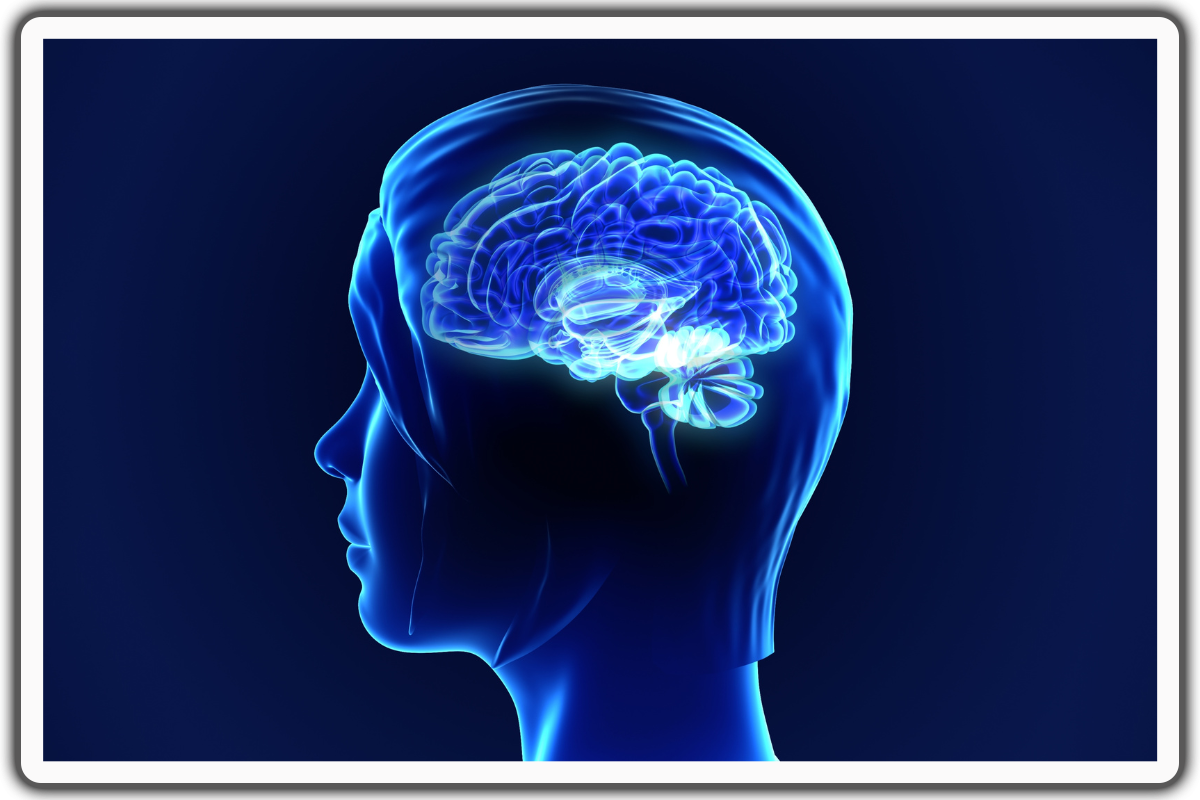
Taking care of your brain is vital for overall well-being. Here are some key reasons why:
1. Cognitive function
For optimal cognitive skills performance, a healthy brain is required. This involves memory, problem-solving, attention, and learning. Keeping your brain active and engaged throughout life aids in maintaining these functions.
2. Emotional Well-Being
The brain has a significant role in mental fitness and controlling emotions. A well-functioning brain that can deal with stress, anxiety, and other emotional issues is essential for good mental health.
3. Physical Health
The brain and the body are inseparable. Conditions affecting the circulatory system, such as high blood pressure or diabetes, can also impact the brain. A healthy lifestyle that includes active physical activity and a well-balanced diet benefits both the brain and general health.
4. Prevention of Cognitive Decline
Cognitive deterioration becomes more common as we age. Learning new skills, keeping socially active, and getting regular exercise are all things that can help slow down the aging process of the brain.
5. Reducing the Risk of Neurological Disorders
Taking care of your brain can lower your risk of getting neurological disorders like Alzheimer's or Parkinson's. While not all factors are under one's control, lifestyle choices can help avoid disease.
6. Quality of Life
A healthy brain improves one's quality of life. It enables you to maintain independence, make sound decisions, and live a full and active life.
7. Productivity and Performance
A well-functioning brain improves productivity, memory recall, and performance at work and in daily tasks. It improves concentration, problem-solving, and decision-making.
8. Longevity
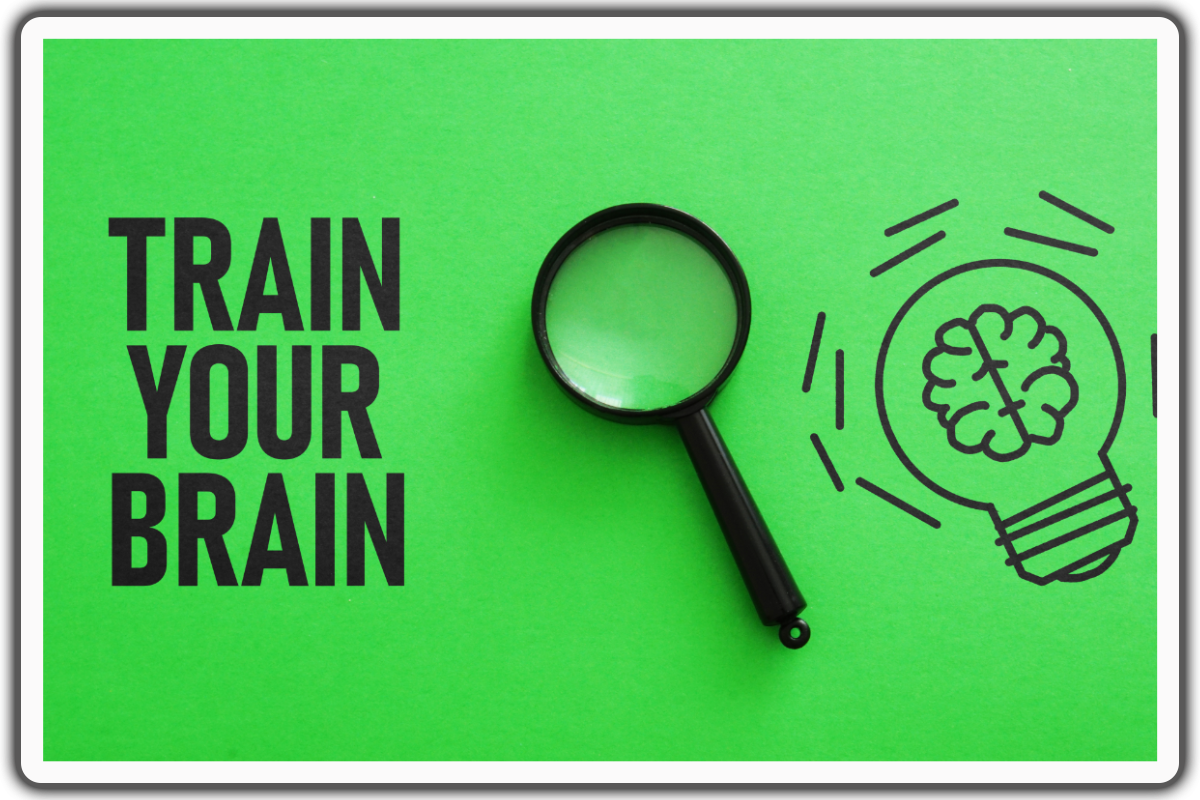
A healthy lifestyle, including brain-boosting activities, contributes to a longer and healthier life.
Conclusion
Including brain exercises in your daily routine is a strategic investment in overall well-being. From reading and puzzles to exercise and socializing, these activities increase brain power, stimulate cognitive function, fostering improved memory, creativity, and decision-making.
Integrating these practices becomes crucial as the brain is an organ deserving care akin to the heart and lungs. Prioritize quality sleep, maintain a nourishing diet, and embrace positive emotions for holistic brain wellness.
Remember, small adjustments in daily habits can yield significant long-term benefits, contributing to a sharper mind and a more fulfilling life.
Do you have the symptoms of brain fog, such as trouble concentrating and memory loss? Make sure to check out the 14-Day Brain Health Quick Start Program, here!
